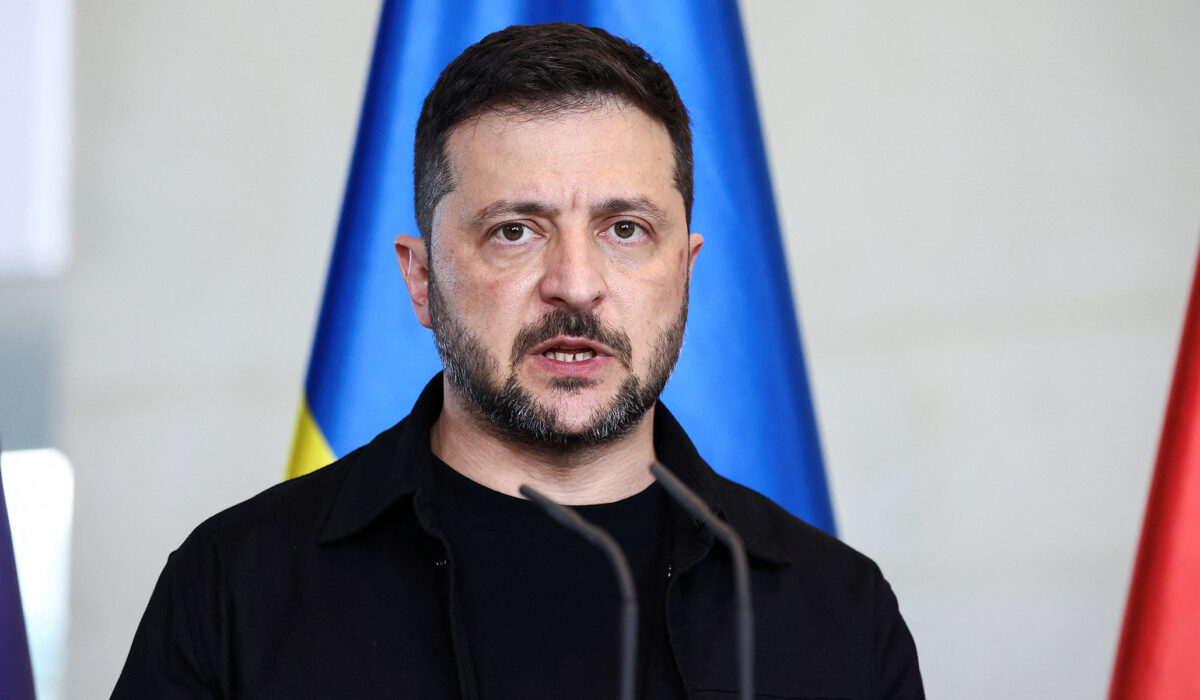Why a Pseudo Peace With Moscow Would Be a Strategic Mistake
Pressing for a pseudo peace acceptable in practice only to Moscow would likely be a catastrophe with consequences that would be felt well beyond Ukraine.
That sentence captures a blunt truth conservatives have argued for months: concessions dressed up as diplomacy can be a green light for further aggression. A durable outcome means protecting sovereignty, deterring future attacks, and preserving the credibility of American commitments abroad.
Making peace a priority at any price undercuts the principle that borders and self-determination matter. If Western leaders accept terms that reward conquest, they change the rules of the international order and invite similar behavior elsewhere. Republican thinkers warn that this would transfer costs to allies and partners who rely on deterrence rather than hope.
There are immediate security risks if a so-called settlement leaves Russian forces in advantageous positions or allows Moscow to keep leverage over key infrastructure. That would be a strategic victory for an authoritarian regime that has shown a pattern of testing limits. It also weakens NATO cohesion by signaling that military pressure can rewrite commitments.
Economic leverage is part of the problem: Moscow uses energy and trade as tools of influence, and a flawed peace could lock in those levers. Nations dependent on Russian resources would find their choices constrained, eroding long-term Western leverage. Republicans argue that any peace should be paired with durable mechanisms to reduce that dependence, not formalize it.
The moral dimension matters too. Accepting terms that ignore atrocities or the clear will of the people erodes the West’s reputation for defending basic freedoms. When moral clarity is traded for short-term calm, the argument goes, it cheapens alliances and weakens the international norms that prevent mass violence. That loss of moral authority has cascading effects on diplomacy and crisis management.
From a pragmatic angle, the costs of a bad agreement extend to our military posture and spending. If rivals believe they can achieve strategic gains without bearing proportional costs, the United States and its partners face pressure to rebuild deterrence later at far greater expense. Republicans often point to realistic timelines and resource needs rather than optimistic declarations that ignore rearmament requirements.
Public sentiment across allied countries shifts when leaders are seen as capitulating; political backlashes can destabilize governments that otherwise support long-term resistance. This domestic turbulence can translate into policy reversal, creating openings for adversaries to exploit. A consistent, principled stance avoids that cycle and preserves credibility.
Policy choices should aim for conditions that make aggression unattractive, not normalize it. That means pairing diplomatic efforts with clear security guarantees, economic safeguards, and accountability for violations. The goal is to make a genuine peace durable by removing incentives for future violations, not by locking in concessions that reward the aggressor.

